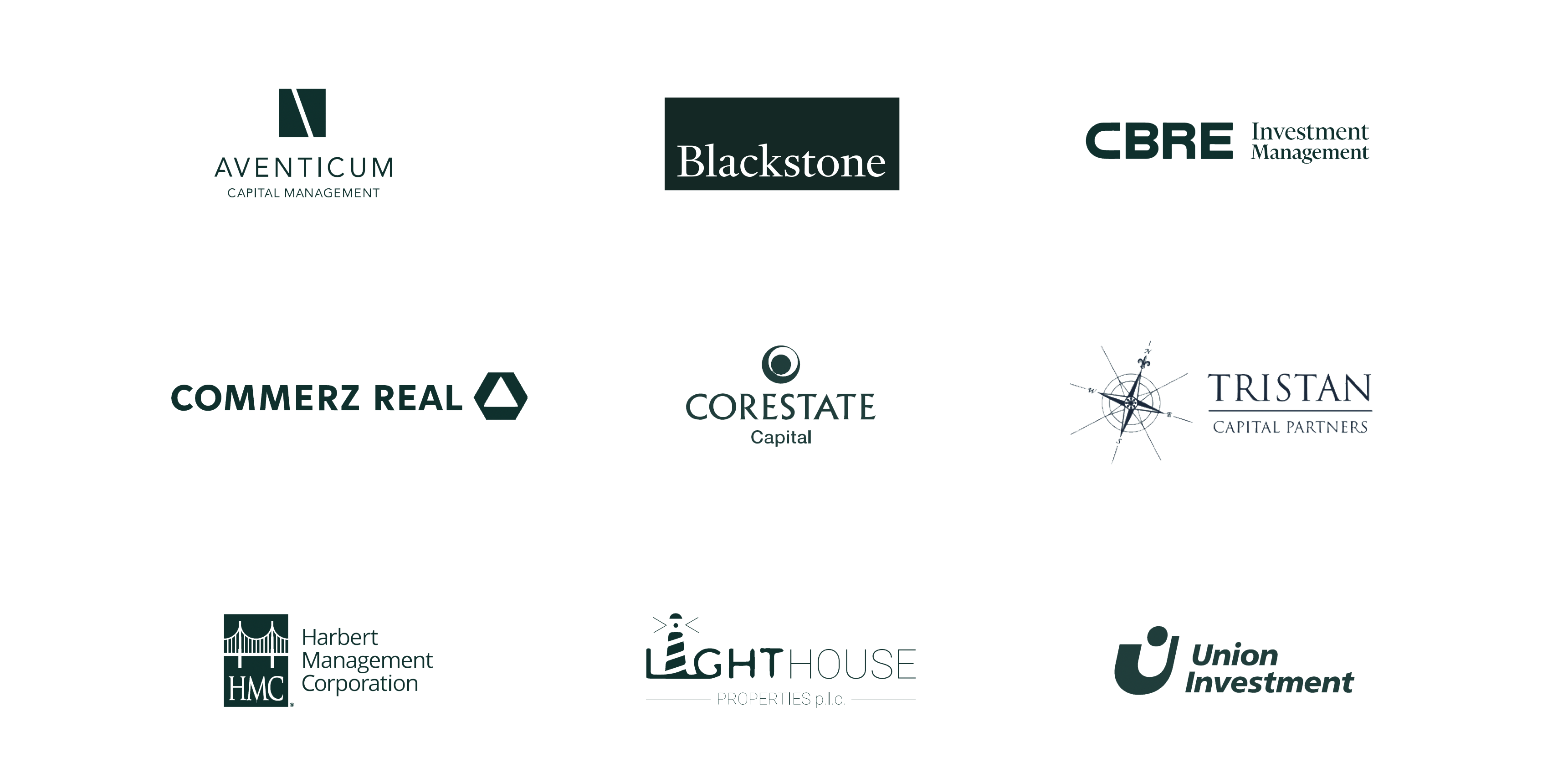Investment Management
Multi Real Estate Investment Management B.V. (Multi REIM) was established to provide investors access to a leading European retail real estate management platform.
Multi REIM is in the process of obtaining the license as manager of investment funds in the meaning of article 2:65 Act on Financial Supervision (Wft) from the Dutch Authority Financial Markets (AFM).
Currently Multi REIM offers one investment fund, the Multi Fast Food Fund, which has been registered with the AFM but falls outside AFM’s supervision, as we are not yet licensed under the Alternative Investment Fund Managers Directive (AIFMD).
Multi REIM is a related party of Multi Corporation (Multi) that was founded in 1982 in the Netherlands. Multi was a pioneer in the integrated development of shopping centres and office buildings. In the following years, the company developed a wide range of successful shopping centres and signature office projects, all custom designed, develop and realised. Multi’s investment services evolved from providing advisory services to its institutional investor clients (such as coordination and management of the acquisition and or sales process) to fund management in the course of 2023, with Multi REIM as envisaged AIFM basis pending application for the fund management license, which is expected to be obtained from the AFM in 2024.

MULTI – WHO ARE WE
Multi Corporation is a leading, pan-European integrated service platform for retail real estate assets, managing over 160 retail assets across Europe. We offer a full spectrum of services, including active asset management, shopping centre operations, redevelopment & refurbishment, leasing, marketing, legal and compliance.
Our people are committed to optimising value from the real estate assets we manage. Thanks to our in-depth knowledge of retailers, investors, visitors and local markets, Multi protects and enhances asset value at every phase of the holding period. Together, we drive value with our investor partners.
Our retail properties welcome over 400 million customers annually, spending an estimated €4 billion in over 6.000 stores, restaurants and leisure attractions.
Why Multi
Multi is one of the largest independent retail managers in Europe with over €5 billion total value of assets under management, covering 15 jurisdictions and over 590 FTEs

Our Tenants


Our Clients

Sustainability
Based on Regulation 2019/2088 on sustainability-related disclosure in the financial service sector, we disclose information on how sustainability risks and principle adverse impacts are integrated in the investment decision processes. Below we explain the following elements:
- Transparency of sustainability risk policies at entity level (article 3 SFDR)
- Transparency of adverse sustainability impacts at entity level (article 4 SFDR)
- Transparency of remuneration policies in relation to the integration of sustainability risks at entity level (article 5 SFDR)
1. Sustainability risks
Sustainability risks may have a negative impact on the return of investments. A sustainability risk means an environmental, social or governance event or condition that, if it occurs, could cause an actual or a potential material negative impact on the value of an investment.
Multi Real Estate Investment Management (‘Multi REIM’), as fund manager, has integrated sustainability risks as part of its investment decision-making and risk monitoring process for its funds. During the due diligence phase of new investments, Multi REIM assesses whether there are any sustainability risks, by performing a climate risk assessment. During that climate risk assessment Multi REIM checks whether the property is subject to climate risks such as coastal and river flood, wind, drought, and wildfire.
If sustainability risks are detected Multi REIM determines whether risk mitigation action can be performed or decide not to acquire the property.
2. No consideration of adverse sustainability impacts
An investment decision could lead to a negative effect on sustainability factors, such as environmental, social and employee matters, human rights and/or anti-corruption and anti-bribery matters. Such negative effect is called a Principal Adverse Impact (PAI).
Multi REIM decided that, considered its nature and scale of its activities and the range of investments, it will not take into account the adverse impacts of its investment decisions on sustainability factors. The reason for this is that Multi REIM currently is not able to measure or gather all the data needed against a reasonable effort and cost. Multi REIM will periodically review, if it is opportune to take PAI into account in the future.
3. Remuneration policy disclosure
Multi REIM can pay staff a combination of fixed remuneration (salary and benefits) and variable remuneration (carried interest and bonus). There is no fixed variable remuneration and therefore it is discretionary and dependent on the performance of the employee, the performance of the funds and the overall results of fund manager whether a variable remuneration is paid. There is an appropriate balance between the variable and fixed components. The fixed remuneration represents a sufficiently high proportion of the total remuneration to allow Multi REIM the possibility not to pay any variable remuneration at all.
Next to this, Multi REIM uses both quantitative (financial) and qualitative (non-financial) criteria for assessing individual performance. The quantitative and qualitative criteria and the balance between them are specified and clearly documented in the assessment form as discussed individually with the employee. Examples of qualitative (non-financial) measures which may be used by Multi REIM are the achievement of strategic targets, investor satisfaction, adherence to Risk Management Policy, compliance with internal and external rules, adherence to the mandates, leadership, management, teamwork, creativity, motivation and cooperation with control functions and others business units.
Such determined qualitative criteria could rely on compliance with risk control measures and audit results. Furthermore, in the assessment, unethical or non compliant behaviour doesn’t just affect the bonus but might also lead to dismissal. Same for fraud and serious misconduct. (e.g. breach of code of conduct resulting in a significant failure of internal controls).
Due to all these measures the remuneration policy of Multi does incentivise compliance to policies and procedures and behaviour in line with the fund’s risk profile and appetite and does promote a responsible approach to managing sustainability risks to an acceptable level.